YouTuber John Daub is your tour guide to Japan and Japanese culture
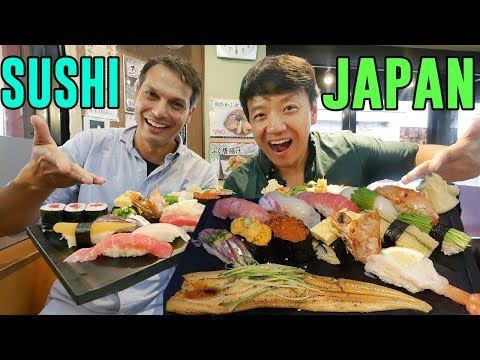
“Aw, man. This is the best job ever…. The best job ever,” says John Daub with a supremely satisfied smile. He had just taken a sip of fabulous creamy onion bacon soup at a restaurant named Kokoya de Kobayashi in the city of Kobayashi in Miyazaki prefecture, on the southern Japanese island of Kyushu.
He’s not kidding. He has a great job.
Daub and his wife, Kanae, have been “working,” spending several days in the area livestreaming videos for his “Only in Japan GO” YouTube channel. It might seem like an amazingly fun gig, and obviously, it is. But don’t be fooled -- he works hard at his job.
Daub began this series of livestream episodes two days before in Miyazaki prefecture, to attend a Mango Auction. Yes, in Japan they auction off mangoes just like the tuna auctions in Tokyo’s famous fish market – the top fruit went for $5,000. For one fruit. (He posted his edited report on the $5,000 mango a week later.)




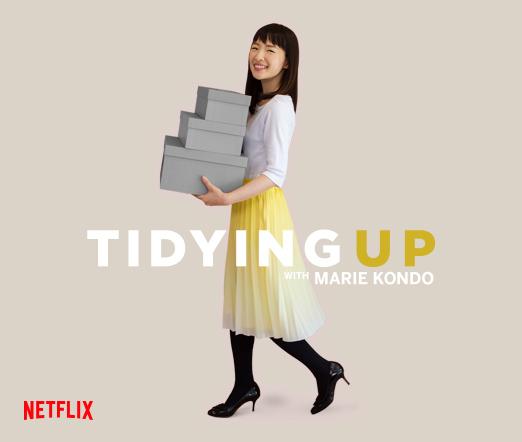 I’ve been following the worldwide career of
I’ve been following the worldwide career of 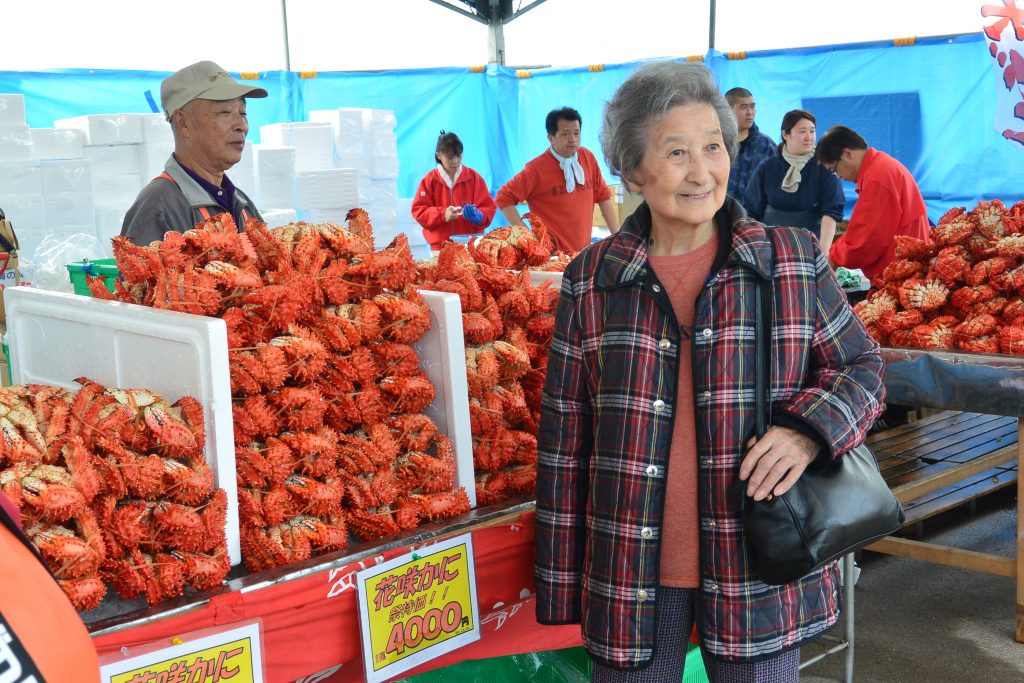 My mom has suffered from worsening dementia for years, and when my brothers and I saw increasing signs that she is no longer able to live by herself we moved her into a Memory Care Center nearby.
Two years ago, my wife Erin and I took the last of several trips to Japan with my mom.
My mom has suffered from worsening dementia for years, and when my brothers and I saw increasing signs that she is no longer able to live by herself we moved her into a Memory Care Center nearby.
Two years ago, my wife Erin and I took the last of several trips to Japan with my mom.
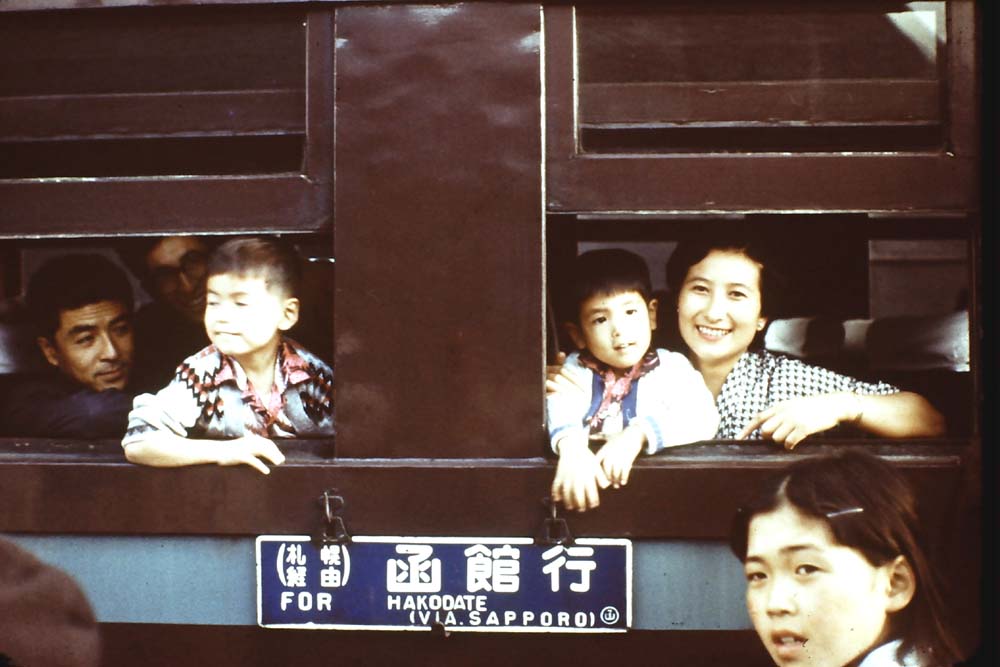 When I was a kid, I used to tell people who asked what generation I was, that I was “Ni-hansei,” or second-and-a-half. That’s because although my father was a Nisei born in Hawaii (technically a Kibei because his family moved to Japan in 1940 and he was stuck there during the war, but that’s another essay), I was born in Japan.
When I was a kid, I used to tell people who asked what generation I was, that I was “Ni-hansei,” or second-and-a-half. That’s because although my father was a Nisei born in Hawaii (technically a Kibei because his family moved to Japan in 1940 and he was stuck there during the war, but that’s another essay), I was born in Japan.
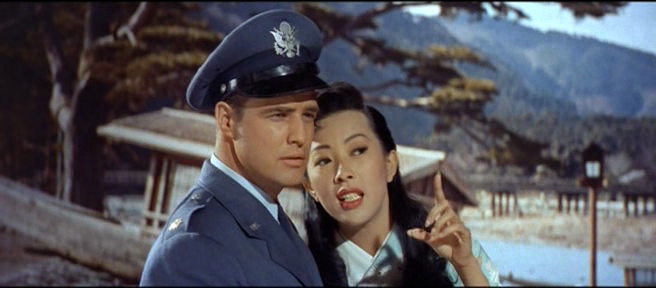 All the recent controversy over “whitewashing,” Hollywood’s habit of casting white people in Asian roles, got me thinking about how Japan has been portrayed in films over the years.
Because I was born in Japan, my earliest movie memories are chambara, or samurai (and especially ninja), movies that I watched in black and white on television. We didn't get to see many movies in theaters, but my mom used to take my brother and me to Disney features when they opened, riding the trains with us to the cinema. After we moved to the States, I treasured American films that were set in Japan. There haven’t been a whole lot but it’s interesting to see how Hollywood depictions have showed Americans’ stereotypes of Japan, and how that’s changed over the years.
Here are a few (Click the images to purchase the films):
All the recent controversy over “whitewashing,” Hollywood’s habit of casting white people in Asian roles, got me thinking about how Japan has been portrayed in films over the years.
Because I was born in Japan, my earliest movie memories are chambara, or samurai (and especially ninja), movies that I watched in black and white on television. We didn't get to see many movies in theaters, but my mom used to take my brother and me to Disney features when they opened, riding the trains with us to the cinema. After we moved to the States, I treasured American films that were set in Japan. There haven’t been a whole lot but it’s interesting to see how Hollywood depictions have showed Americans’ stereotypes of Japan, and how that’s changed over the years.
Here are a few (Click the images to purchase the films):
